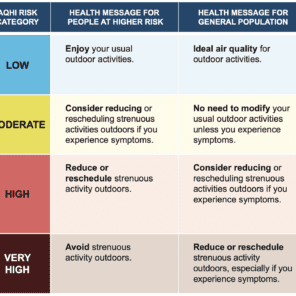Client: Genève Aéroport, Cointrin, Switzerland
Listing of the client in no way affirms the client's support, sponsorship, or validation in any form of Risk Sciences International or the RSI staff member(s) who conducted this project during their stay with RSI or prior to joining the company. This case study is displayed for informative purposes only to demonstrate the capacity of RSI staff members. This case study reveals no proprietary information or information deemed sensitive.
Airport traffic flow and signage review
An international airport authority sought a comprehensive assessment of passenger and vehicle traffic flow after receiving complaints of confusion and safety concerns. Reports indicated that passengers were struggling to interpret signage, often stopping too long to process graphics, which caused line-ups and delays. Lighting problems compounded the issue, with signs placed in poorly illuminated areas. The client’s request was to better understand the sources of these problems and to generate evidence-based recommendations for improving both safety and passenger experience.
The authority asked for a multi-stage review. First, the team was tasked with observing and documenting the status quo through direct measurement, photography, and on-site walkthroughs. They also asked for an evaluation of how different passenger groups perceived signage and flow, taking into account variables such as culture, language, time of day, travel party size, and trip purpose. The client further requested structured proposals from two independent perspectives: one focused on safety and operational efficiency, the other on aesthetics and passenger experience. To validate recommendations, the authority arranged for overnight testing in the airport, involving experts, stand-ins, and actual passengers performing tasks to simulate real-world conditions.
The overarching goal was to receive a set of actionable recommendations that could guide redesign of signage, traffic systems, parking facilities, and security flow. The airport wanted changes that would improve clarity, safety, and passenger satisfaction, while also relieving pressure points in customs and baggage handling. By commissioning this review, the client sought to align operational efficiency with passenger-friendly design, ensuring the airport could handle growing traffic with confidence and public trust.
Experts related to this case study
More RSI Case Studies
RSI presents a very small selection of case studies to highlight some of its key work.












